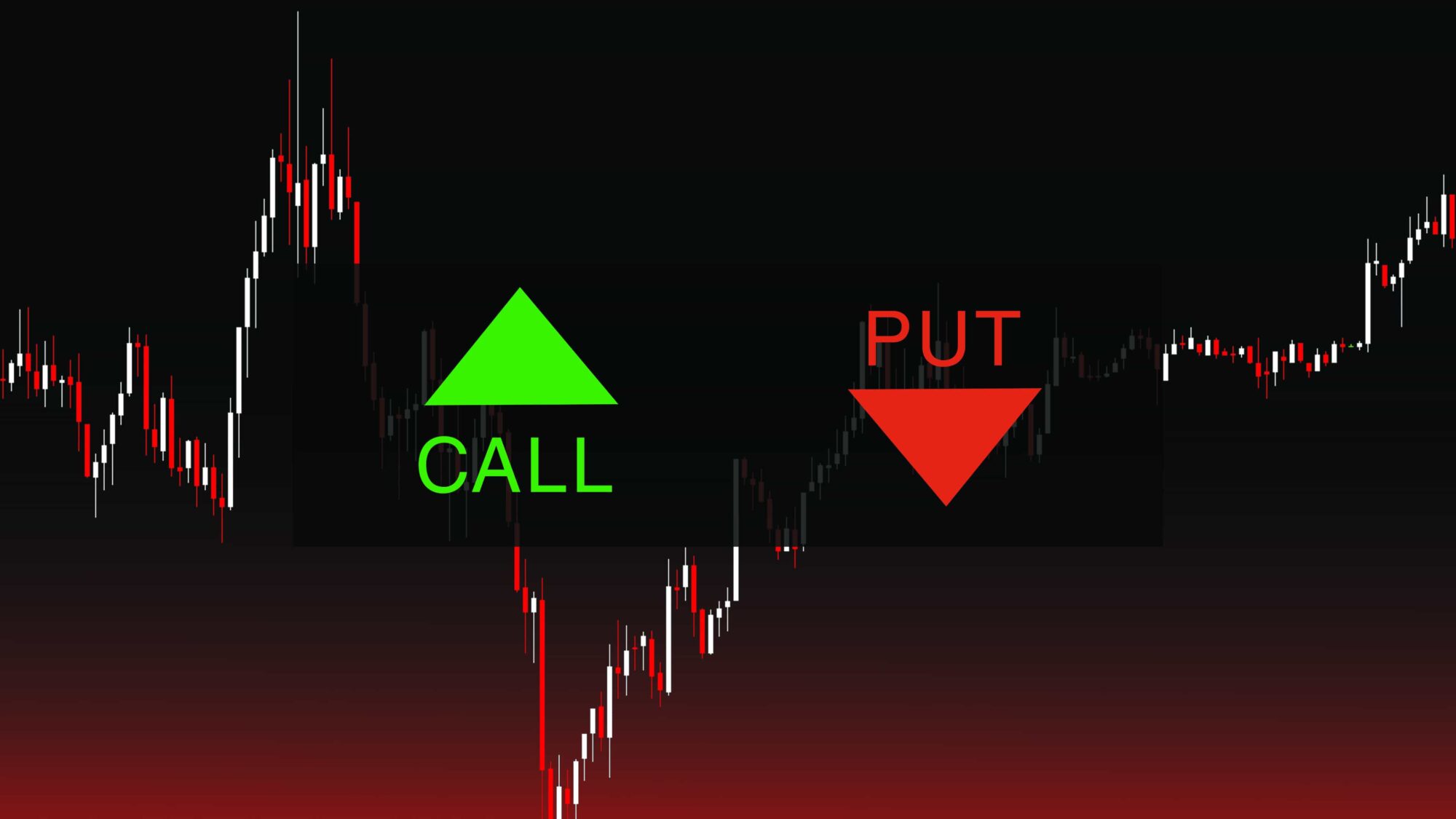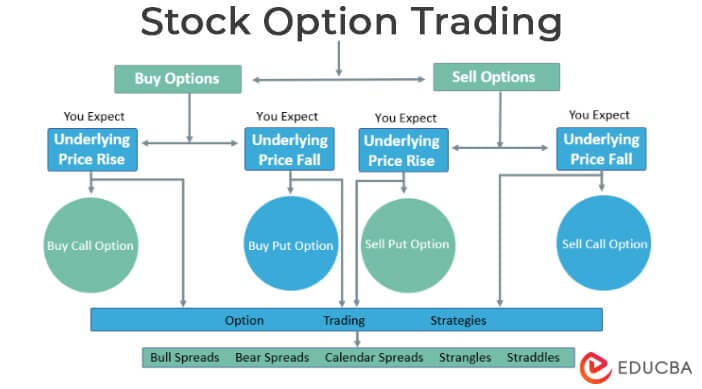When it comes to investing, there are two main avenues you can take: options trading and stock trading. Both have their own unique set of risks and rewards, and it’s important to understand the differences before you make a decision.

Image: regpaq.com
In this article, we’ll provide a comprehensive overview of both options trading and stock trading, including the basics, the risks, and the rewards. We’ll also share some tips and expert advice to help you make an informed decision about which one is right for you.
Options Trading
Options trading involves buying or selling contracts that give you the right, but not the obligation, to buy or sell an underlying asset at a specific price on or before a certain date.
There are two main types of options: calls and puts. Calls give you the right to buy an asset, while puts give you the right to sell an asset. You can buy or sell options on a wide range of assets, including stocks, indices, currencies, and commodities.
Benefits of Options Trading
- Leverage: Options trading allows you to control a large amount of stock with a relatively small investment.
- Limited risk: Your maximum loss on an options trade is the premium you paid for the option.
- Potential for high returns: Options can provide the potential for high returns, even if the underlying asset only moves slightly.
Risks of Options Trading
- Complexity: Options trading can be complex, and it’s important to understand the risks involved before you start trading.
- Time decay: Options lose value over time, even if the underlying asset doesn’t move.
- Assignment risk: If you sell an option, you may be assigned to buy or sell the underlying asset at the strike price.

Image: www.asktraders.com
Stock Trading
Stock trading involves buying and selling shares of a company. When you buy a stock, you become a part owner of that company. The value of your stock will fluctuate depending on the performance of the company.
There are many different ways to trade stocks, including:
- Day trading: Involves buying and selling stocks within the same day.
- Swing trading: Involves holding stocks for a few days or weeks before selling them.
- Long-term investing: Involves buying and holding stocks for years or even decades.
Benefits of Stock Trading
- Potential for growth: Stocks have the potential to grow in value over time, providing the opportunity for long-term wealth creation.
- Dividends: Many companies pay dividends to their shareholders, which can provide an additional source of income.
- Liquidity: Stocks are highly liquid, which means they can be easily bought and sold.
Risks of Stock Trading
- Volatility: The value of stocks can fluctuate significantly, which can lead to losses.
- Market downturns: Stock prices can decline significantly during market downturns.
- Company-specific risks: The value of a stock can be affected by company-specific factors, such as financial performance, management changes, and industry trends.
Tips for Choosing the Right Trading Option
The best way to choose the right trading option for you is to consider your investment goals, risk tolerance, and time horizon.
If you’re looking for the potential for high returns and you’re willing to take on more risk, options trading may be a good option for you. However, if you’re looking for a more conservative investment with the potential for long-term growth, stock trading may be a better choice.
Here are some additional tips to keep in mind:
- Do your research: Before you start trading, it’s important to do your research and understand the risks involved.
- Start small: When you’re first starting out, it’s a good idea to start small and gradually increase your investment size as you gain more experience.
- Use a stop-loss order: A stop-loss order can help you limit your losses if the market moves against you.
FAQ
Q: Which is better, options trading or stock trading?
A: There is no one-size-fits-all answer to this question. The best trading option for you will depend on your investment goals, risk tolerance, and time horizon.
Q: How much money do I need to start trading?
A: You can start trading with a relatively small amount of money. However, it’s important to remember that you can lose money trading, so it’s important to only invest what you can afford to lose.
Q: How do I learn how to trade?
A: There are many resources available to help you learn how to trade. You can take online courses, read books, or attend workshops.
Options Trading Or Stock Trading

Image: dorinbrynja.blogspot.com
Conclusion
Options trading and stock trading are two of the most popular ways to invest in the financial markets. Both have their own unique set of risks and rewards, and it’s important to understand the differences before you make a decision.
If you’re interested in learning more about options trading or stock trading, I encourage you to do your research and talk to a financial advisor.






